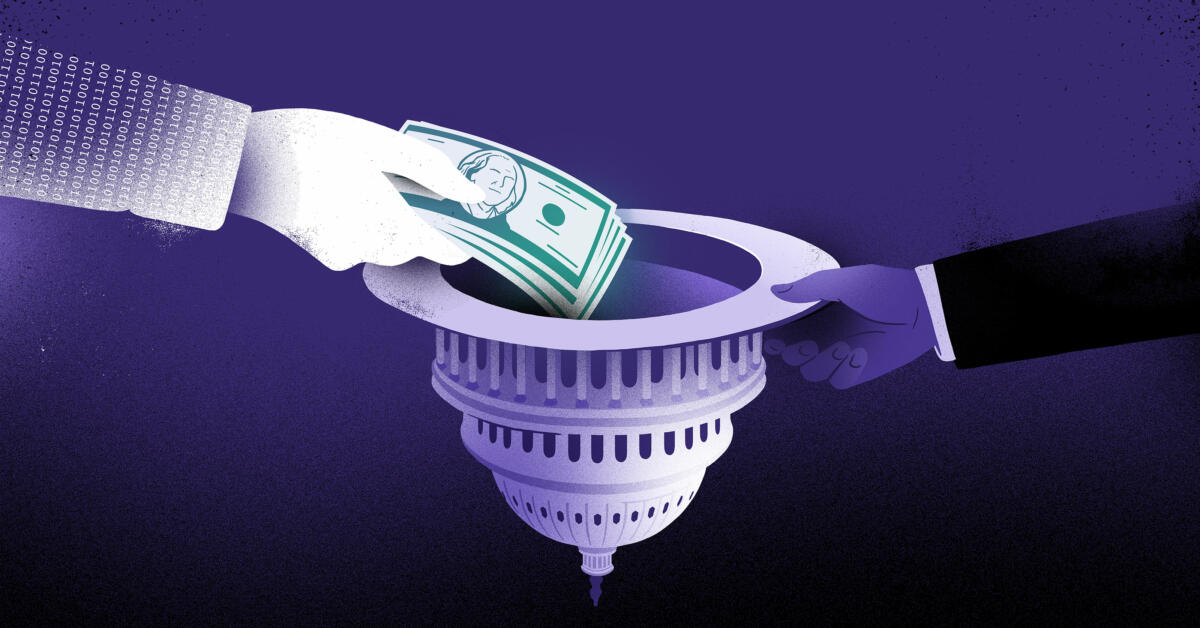Data Brokers: What They Do & Why You Should Be Concerned
Have you ever searched for a product online only to see ads for it on every single website you visit? Or received a piece of junk mail from a company you’ve never interacted with? This isn’t a coincidence. It’s the result of a multi-billion dollar, largely invisible industry: the world of data brokers.
As a privacy rights advocate and SEO specialist for RightDecoded, I’m here to pull back the curtain on this shadowy world. In this comprehensive guide, we’ll expose the anatomy of the data brokerage industry, reveal how your personal information is collected and sold without your knowledge, and, most importantly, empower you with a step-by-step guide to take back control of your data.
You have a digital shadow, and right now, there’s an entire industry profiting from it. It’s time to understand who they are and how to fight back.
Who Are Data Brokers? The Invisible Industry
At its core, a data broker is a company that collects and sells your personal information. Unlike a company you directly give your data to (like Amazon or Google), you typically have no relationship with a data broker. They operate behind the scenes, siphoning up vast quantities of data from countless sources and then compiling it into detailed profiles on individuals like you and me.
Think of them as middlemen in the digital economy. They don’t create the data; they aggregate it, package it, and sell it. Their business model is built on one simple premise: information is a commodity, and your personal details are incredibly valuable.
To learn more about how they operate, you can read this in-depth article on what data brokers are and how they work.
The Anatomy of Your Digital Shadow: How Data is Collected
The sheer volume and variety of data collected by these companies are staggering. It goes far beyond your browsing history and into the most mundane details of your life. Data brokers gather information from three primary categories of sources:
1. Public Records
This is the low-hanging fruit for data brokers, as it’s all legally available information. They pull from:
- Property Records: The value of your home, your mortgage amount, and the year you purchased it.
- Voter Registration: Your political party affiliation, address, and sometimes even your voting history.
- Birth, Marriage, and Death Certificates: Your family’s personal milestones, which can be used to build a network of relationships.
- Court Records: Information on traffic violations, bankruptcies, or civil lawsuits.
2. Commercial Transactions & Surveys
Every time you shop, you’re likely generating data that finds its way to a broker. This includes:
- Store Loyalty Cards: The data from your grocery store loyalty card can reveal your diet, health habits, and even whether you have a baby at home.
- Magazine Subscriptions: Your reading habits can signal your interests, hobbies, and income level.
- Product Warranty Cards: Filling out a warranty card often gives permission for your information to be shared with “partners.”
- Online Surveys & Sweepstakes: Those tempting “Enter to Win” forms are often a direct pipeline for data collection.
3. Online Activity
This is where your digital shadow truly takes shape. Data brokers work with advertising networks and third-party tracking companies to collect data from:
- Social Media: Your likes, comments, connections, and even your profile pictures can be used to infer your personality traits and social circles.
- Browsing Habits: The websites you visit, the products you click on, and the amount of time you spend on a page.
- Mobile Apps: Many free apps collect location data, contact lists, and even your microphone or camera usage.
- Public Wi-Fi: Connecting to a public Wi-Fi network without a VPN can expose your browsing history to the network provider, which can then sell that data.
From Bits to Bucks: The Business of Selling You
Once a data broker has built a comprehensive profile on you, they sell it. But who buys this information, and for what purpose? The buyers are as varied as the data itself, and the use cases are often far more complex than simple targeted advertising.
- For Marketers: This is the most common use. Marketers buy lists of people with certain interests or demographics to serve highly specific ads. For example, a company selling luxury cars might buy a list of individuals with a high income and an interest in travel.
- For Financial Institutions: Banks and lenders can use this data to assess your creditworthiness or to identify potential fraud. A data profile can reveal spending habits, past addresses, and a history of job changes, all of which can influence a loan decision.
- For Insurance Companies: Your driving habits, health-related purchases, and even social media activity can be used to calculate risk and set your insurance premiums.
- For Governments & Law Enforcement: While often controversial, government agencies can purchase data broker profiles to assist in investigations, track individuals, or enforce laws. The rise of this practice highlights a key concern for digital civil liberties, as discussed in The Rise of Digital Authoritarianism: Government Surveillance and Internet Censorship.
The Real-World Impact: Why You Should Care
The sale of your data isn’t just an abstract privacy issue; it has tangible consequences that can affect your daily life. The risks are varied and significant:
- Price Discrimination: Companies may use your data to offer you a different price for a product than they offer to someone else. For example, if your data profile suggests you are less price-sensitive, you may be shown a higher price for a hotel room or flight.
- Targeted Scams: Scammers can purchase lists of specific demographics, such as the elderly or people with certain health conditions, to craft highly convincing and personalized phishing attacks.
- Identity Theft: While not directly tied to data brokers, the vast amount of your personal information floating around in this ecosystem increases the risk of identity theft. If a data broker suffers a breach, your information could be exposed to criminals.
- Erosion of Privacy: At a more fundamental level, the data brokerage industry chips away at our right to privacy. As we’ve explored in Why Your Digital Privacy Matters, the inability to control our own data can lead to a feeling of being constantly watched, which can stifle free expression and personal growth.
Taking Back Control: Your Actionable Opt-Out Guide
Fighting the data broker industry can feel like a Herculean task, but you have more power than you think. While there’s no single button to erase your data from the internet, you can take meaningful steps to reclaim your digital autonomy.
Here’s your comprehensive guide to opting out:
1. Identify the Major Players
The first step is to know your enemy. Some of the largest data brokers include:
- Acxiom: A major player in the marketing data space.
- Oracle: A technology giant with a significant data-brokering arm.
- Epsilon: Another large marketing data company.
- LexisNexis: A data broker that specializes in public records for legal and government use.
- Spokeo, Whitepages, PeopleFinder: These are people-search sites that often sell your public record information.
2. The Manual Opt-Out Process
This is a tedious but effective method. Each data broker has its own opt-out process, and you’ll need to follow the instructions for each one. This often involves:
- Finding the Opt-Out Page: Search for “[Data Broker Name] opt-out” or “[Data Broker Name] remove my data.”
- Filling out Forms: You may need to provide your name, address, and email to prove your identity.
- Email Confirmation: Be prepared to receive and confirm an email to finalize the process.
This process can take a significant amount of time, as you will need to repeat it for dozens of different companies. It’s a testament to the need for broader legislative change, as discussed in our article on The Right to Be Forgotten Online.
3. Use Automated Opt-Out Services
For those who don’t have the time or patience for the manual process, several services have emerged to do the work for you. Companies like DeleteMe and Incogni act as your agents, sending out opt-out requests on your behalf. These services are not free, but they can save you countless hours and are often more effective at finding and removing your data from a wide range of brokers.
4. Change Your Habits
Protecting your data isn’t just about what you do with brokers; it’s about what you do every day.
- Use a VPN: A Virtual Private Network (VPN) encrypts your internet traffic and masks your IP address, making it much harder for trackers and data brokers to follow your online activity. * Limit App Permissions: Be mindful of the permissions you grant to mobile apps. Does a flashlight app really need access to your contacts or location?
- Read Privacy Policies: While they are often long and full of legalese, take the time to read the privacy policies of companies you use. Pay close attention to sections on “data sharing” and “third-party partners.”
Conclusion
The data brokerage industry is a powerful and pervasive force in our digital lives. It operates in the shadows, fueled by our clicks, purchases, and personal information. However, understanding how it works is the first step toward regaining control. By being aware of where your data is coming from and by proactively taking steps to opt-out, you can significantly reduce your digital footprint and protect your privacy.
Remember, the fight for personal data protection is ongoing. It requires both individual action and a collective push for stronger laws that give individuals true digital autonomy. By taking these steps, you are not only securing your own future but contributing to a more private and secure digital world for everyone.


